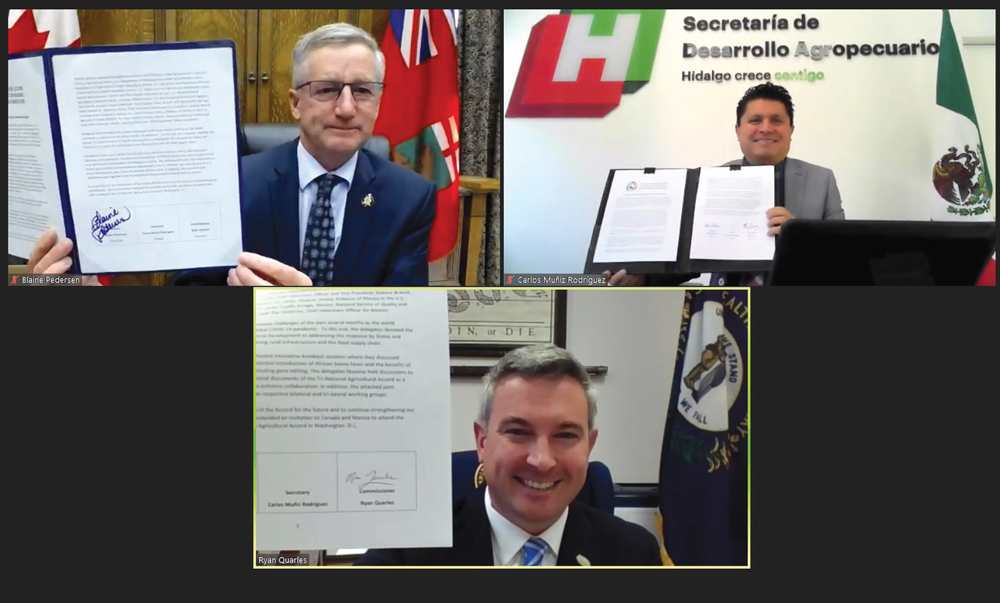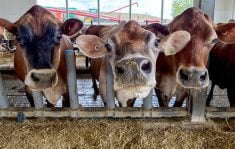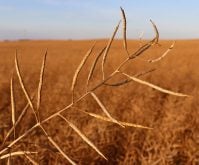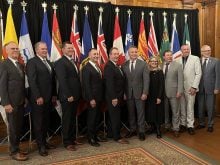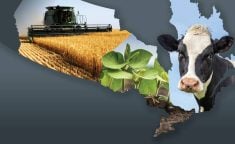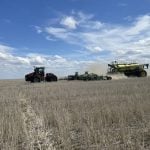Implementing the new North American trade agreement and COVID-19 were the main themes at the 29th annual Tri-National Agricultural Accord held online Oct. 20 to 22.
“The USMCA (United States-Mexico-Canada Agreement) has delivered an era of modernized free and fair trade which will secure North America as the most powerful trading bloc in the world,” Ryan Quarles, Kentucky commissioner of agriculture and president of the National Association of State Departments of Agriculture, said in a news release.
“By leveraging our growing power as a North American trade alliance, we will expand the opportunities of current and future generations of farmers. And there’s no doubt state and provincial governments play a key role in this success.”
Read Also
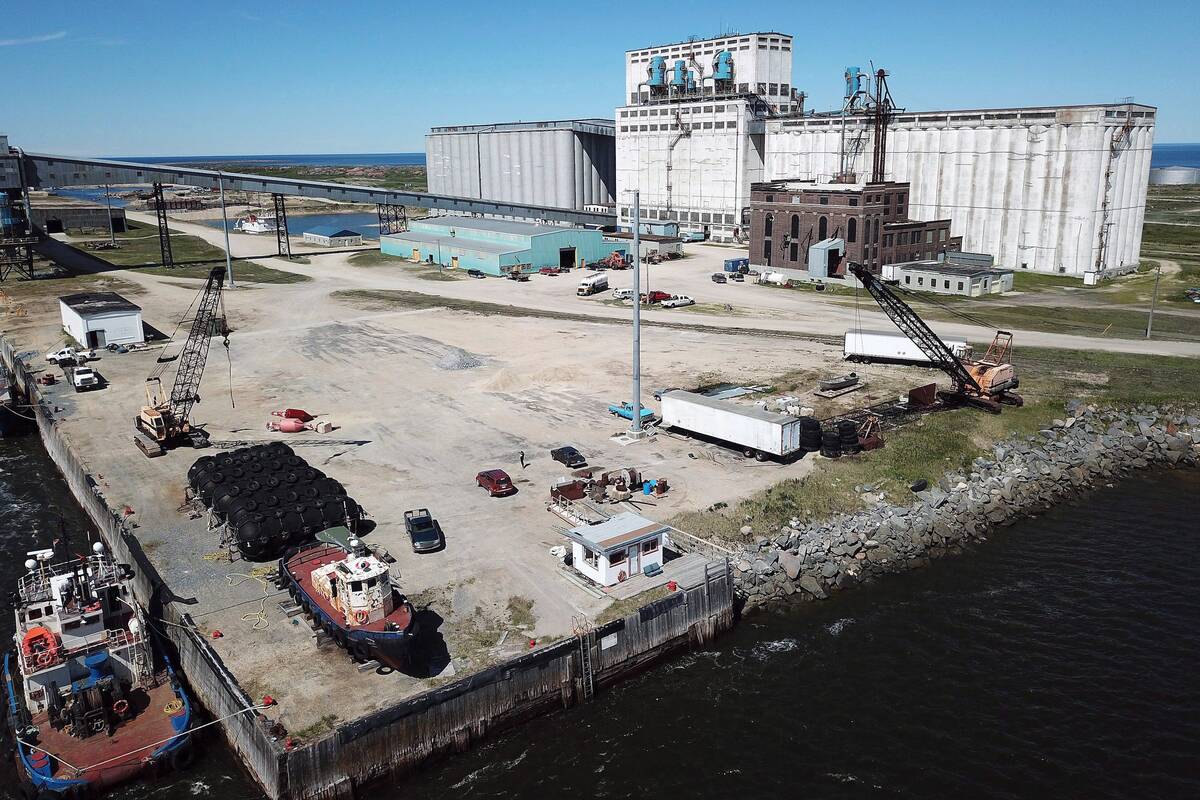
Air, land and sea join forces as Manitoba launches Arctic trade corridor plans
Manitoba wants to take its Arctic trade routes to the big leagues. The Port of Churchill, CentrePort Canada and Winnipeg airport have all raised their hands to help it happen.
Officials from the U.S., Canada and Mexico discussed keeping African swine flu from entering North America and mitigation efforts should it be found, Manitoba Minister of Agriculture and Resource Development Blaine Pedersen, who led the Canadian Delegation representing four provinces, told reporters during an online news conference Oct. 22.
Hidalgo Secretary of Agriculture Carlos Muñiz Rodríguez for Mexico represented Mexico.
All three spoke to reporters via Zoom at the end of the meeting.
The rapid rise of American farm subsidies wasn’t discussed, Pedersen said, however, market access and trade barriers were. Both are issues when trading with Europe, he added, noting by working together on those issues North America can be stronger.
It’s estimated 40 per cent of American farm income will come from government subsidies this year. That gives American farmers an unfair advantage and distorts markets, according to many agricultural economists.
Keystone Agricultural Producers (KAP) president Bill Campbell raised the issue at KAP’s online advisory council Oct. 22, alleging some American farmers were “dumping” feed grains and oilseeds in Manitoba “and not really worried about what the price is and it’s affecting the feed prices and canola…”
Quarles praised the new trade deal for addressing biotechnology in agriculture.
Regarding COVID-19, he said it underscores that agriculture is essential.
Officials discussed some of the stress points COVID has caused in the food supply chain and the need for personal protection equipment for food processor employees.
“I think the long-term issues, especially here in the United States, is having access to high-speed internet, not just as more people work from home, but as more farmers and food processors need this as a tool during COVID-19 and beyond,” Quarles told reporters.
Rural internet is a concern in Canada too, Pedersen said, noting future farmer profitability hinges on technology and better connectivity.
COVID bent the food system but didn’t break it, he added.
“We didn’t run out of food,” Pedersen said. “Food continued to be available and it brought an awareness of consumers of where their food actually comes from. So what we want to do is build on this going forward and not let a good opportunity here go to waste in that we can continue to improve our food delivery system and build on that awareness because consumer awareness of where your food comes from is so important…”
Governance committees created under the new trade agreement will allow provincial and state government input into areas normally considered the purview of national governments.
“U.S., Mexico and Canadian delegates together recommend that their respective federal governments consider options to include states and provinces in the governance structures for agriculture-related committees that will be established in the coming year,” Tri-National Agricultural Accord communiqué says in part.
The accord represents a long-standing commitment among the senior state and provincial agricultural officials of Canada, the United States, and Mexico to work together collaboratively on agricultural trade and development issues.
Next year’s meeting is to be held in Arlington, Virginia on October 25-27.




